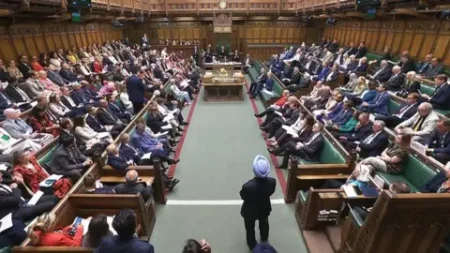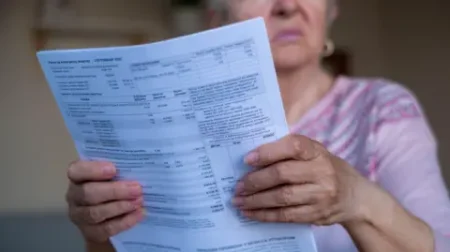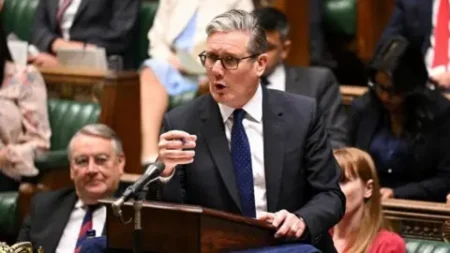The recent welfare reform in the UK, spearheaded by Prime Minister Sir Keir Starmer, has sparked considerable debate, particularly regarding changes to the Personal Independence Payment (PIP) and Universal Credit (UC). On July 2, 2025, the government made headlines as it faced pushback from opposition and even some of its own members concerning proposed welfare cuts intended to yield substantial savings for the country.
Amidst rising concerns, the administration announced that individuals currently receiving PIP would not be impacted by the imminent rule changes, deferring the implementation for new claimants while a review is conducted. This postponement raises questions about the anticipated £5.5 billion in savings the government initially projected would arise from the reforms. Critics argue that the delays and adjustments signal a failure to critically assess the welfare reform’s potential impacts and could jeopardize essential support for disabled individuals and low-income families.
PIP, a benefit awarded to over 3.7 million people with long-term health conditions in England and Wales, serves to provide financial assistance irrespective of an individual’s savings or income level. The payment comprises two components: daily living, which can vary from £73.90 to £110.40 per week, and mobility, which ranges from £29.20 to £77.05 per week. These figures underscore the crucial nature of PIP as it offers essential support for many who face everyday challenges due to their impairments.
Changes to the PIP structure were announced in March when the government proposed stricter assessments for claimants. However, backlash from more than 120 Labour MPs forced the government to backtrack, ensuring those already receiving PIP would be insulated from these alterations. New proposals suggested that future claimants would need to demonstrate considerable difficulty in completing everyday tasks, with scoring systems determining their eligibility. Notably though, the stipulation that new claimants must score at least four points for a single activity has now been put on hold pending the outcome of a wider review led by Work and Pensions Minister Sir Stephen Timms.
While the government’s original intention was to reduce PIP spending by £5.5 billion per year, analysts now predict that the recent concessions might result in no net savings by the fiscal year 2029/30. Helen Miller, deputy director at the Institute for Fiscal Studies (IFS), indicated a likelihood of tax rises as a result of these financial constraints, suggesting the government may face increased pressure to bolster its revenue streams amidst rising demand for welfare.
Moreover, changes are also proposed for Universal Credit, targeting over three million recipients currently exempt from work requirements due to health concerns. The existing basic allowance stands at £400.14 per month for individuals aged 25 and older, though those with low work capabilities due to disabilities benefit from a supplementary incapacity top-up. The government aimed to alter eligibility with new claimants needing to be at least 22 years old, while simultaneously proposing to reduce this top-up significantly by 2026-27. However, following initial backlash, it has been announced that existing claimants will see their benefits adjusted in line with inflation, ensuring they do not lose purchasing power.
The discussions surrounding these welfare changes reflect broader concerns over the welfare system’s effectiveness and fairness. Detractors have raised alarms that while some individuals may benefit from increased allowances, many more potential claimants would find themselves in vulnerable positions, facing financial losses that could push them into relative poverty. The Department for Work and Pensions (DWP) anticipates that around 150,000 individuals may be impacted by these cuts, highlighting stark inequalities within the welfare system.
In conclusion, while reforms to PIP and Universal Credit are intended to streamline welfare funding and effectively get more individuals back into employment, the government’s decisions echo a complex balance between changing fiscal realities and the imperative to support the most vulnerable. As this story unfolds, it will remain critical to assess the long-term implications of these changes on the individuals they are designed to assist, as well as on the broader economic landscape.











